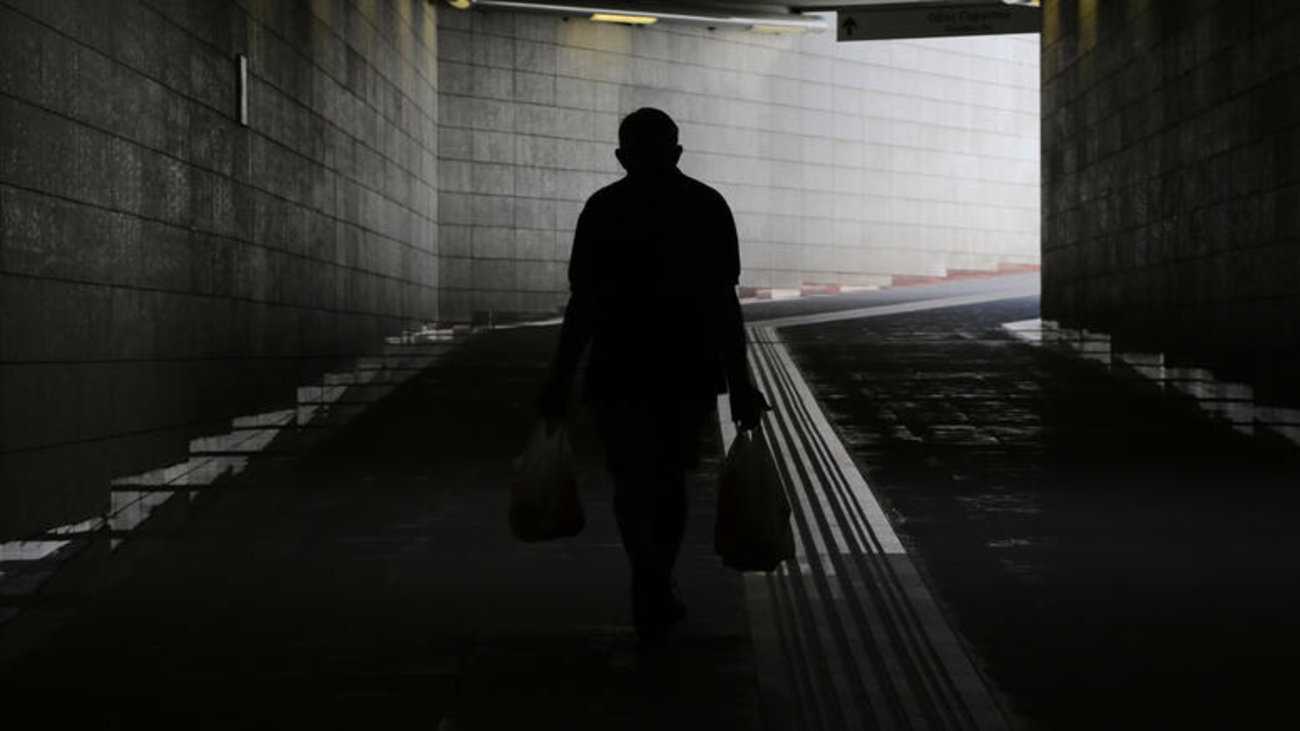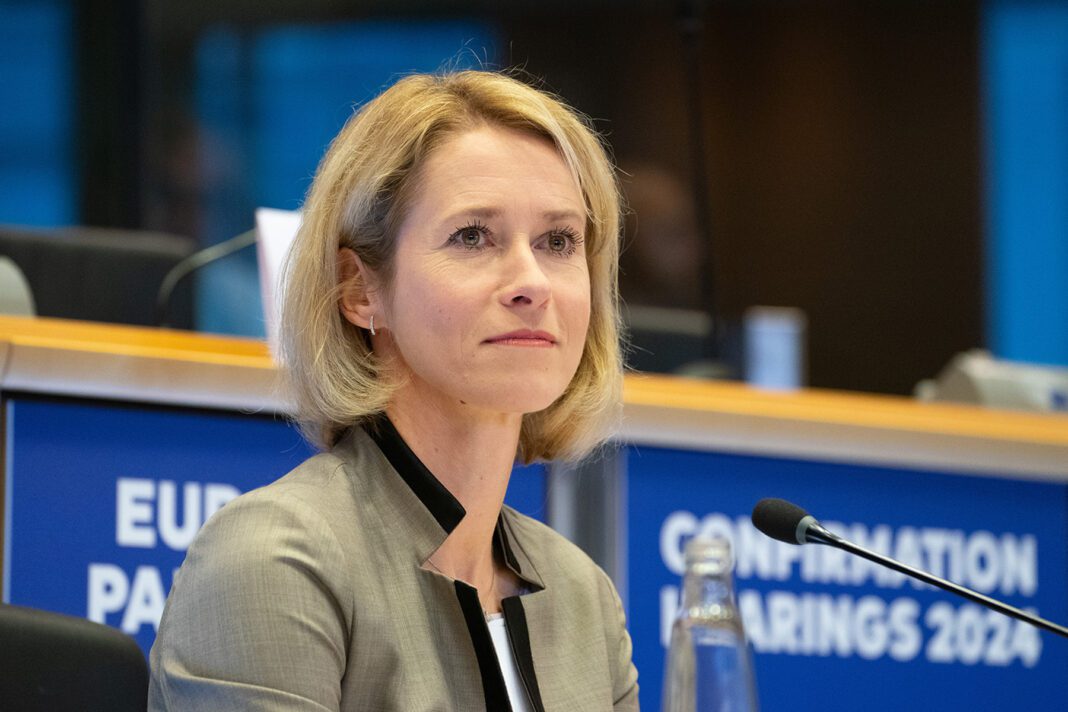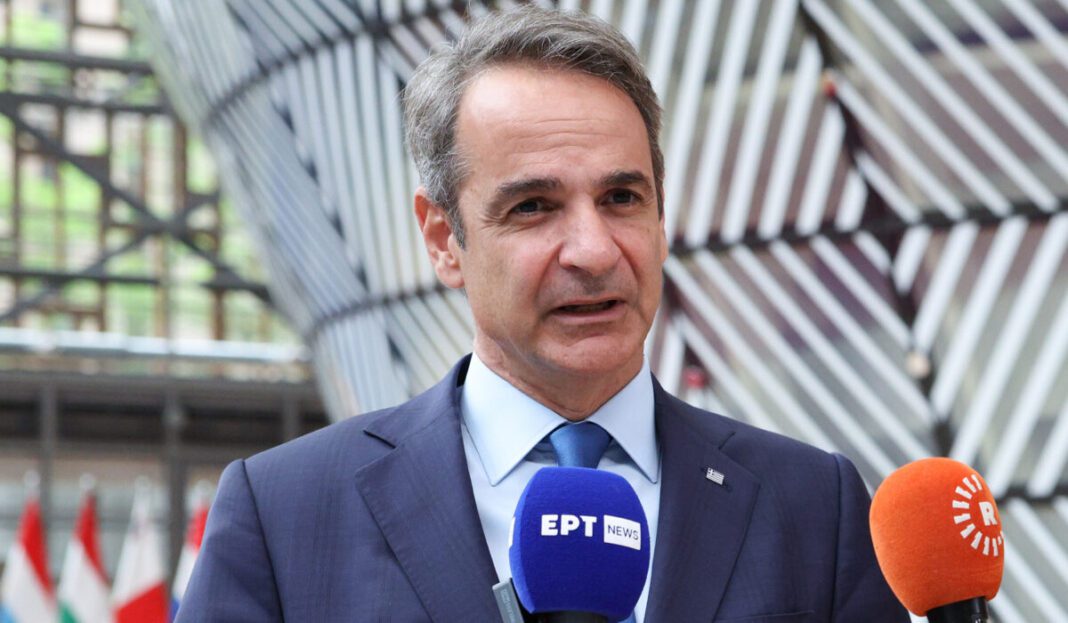By Tarek Salame, Euro Weekly,
Greece is experiencing growth, as evidenced by the chart, with its GDP increasing, tourism currently setting records, and investor confidence returning. If you ask a supermarket cashier in Thessaloniki or a young couple renting in Athens, you’ll get a different picture, one where growth feels distant, detached, and almost foreign. Wages haven’t caught up. Grocery bills are higher than ever, and that early sense of hope has shifted. Many Greeks now talk more about surviving than recovering. Life in 2025 is less about making ends meet and more about redefining what survival means.
It’s a reminder: national stats don’t always tell the story of how people actually live. So, why do many Greeks still feel financially struggling, despite the numbers indicating otherwise? And how does this tension reflect other economic struggles playing out across Europe?
The data says recovery, the receipts say otherwise.
Greece is outperforming expectations; the economy grew by 2% in the first quarter of 2025, which is one of the fastest rates in the eurozone. The unemployment has fallen below 10% for the first time in over a decade. But daily life is informing us of another story.
- Consumer prices have risen by over 28% since 2020, with basic goods such as olive oil, rent, and electricity among the most significant contributors to this increase.
- Meanwhile, the average wages have increased by a fraction of that, and recent reports from ELSTAT show that more than 45% of workers who are under 35 still earn under €900 per month, which is barely enough to cover rent in urban cities, let alone save
- Many Greeks describe this as an inflation without dignity because you’ll be working full-time and struggle even to cover supermarket bills and medical costs.
This is a growing mismatch between national indicators and personal affordability, and Greece may no longer be labelled as the sick man of Europe. Still, for many, it doesn’t feel like the patient has recovered, but is just learning how to live with the pain.
Greece is not alone
Across Europe, inflation has been brutal.
- In Spain, the average salaries have grown by 12% since 2020.
- In France they subsidies and capped energy prices helped households weather the crisis.
- In Germany, rattled by energy shocks, it managed to keep core inflation in check, unlike Greece.
In Athens, by contrast, the price is continually rising, while wages have remained relatively unchanged, and basic groceries like milk, tomatoes, and bread are more expensive than in many parts of Northern Europe.
Some pensioners report skipping meals, and young workers delay moving out. In rural areas, the fuel prices have made commuting nearly unaffordable.
Part of this is structural, and Greece has one of the EU’s highest VAT rates on food and consumer goods. Especially when it comes to tourism and services, they rely heavily on seasonal contracts and minimum wage pay, and rent control is often weak.
Household debt remains high from the 2010 crisis, which limits flexibility. The result of all this is recovered charts, but it feels hollow on the street, and other nations may also be tired of inflation, but in Greece, it’s a survival calculus.
Legacy of crisis
Between 2010 and 2015, under the conditions of EU and IMF bailouts, Greece lost over a million jobs. Pay was slashed, pensions were stripped down, and thousands of local businesses didn’t survive. Even years after the bailouts wrapped up in 2018, people hadn’t caught up to where they were before the crisis.
Even as the country stabilised, the recovery never reached everyone, and then came the pandemic.
- Many families haven’t recovered, and as of 2024, the unemployment rate hovers around 10.8%, which is the second-highest in the EU.
- Roughly 1.9 million Greeks remain at risk of poverty or social exclusion.
- The psychological toll is just as significant; around 67% of Greeks still say they feel poor or insecure, which remains the highest in Europe.
The term recovery feels like more of an illusion when the fear of another collapse lingers on. Even when policies attempt to ease the pressure — such as minimum wage hikes or food discount initiatives — they often don’t reach far enough.
For many, it still feels like patchwork. The scars from austerity haven’t healed, and that leaves people wondering if this recovery is real — or just another pause before the next storm.
A shared struggle
This is not the only European country that is currently grappling with the cost-of-living crisis.
- In Spain, inflation peaked at 8.3% in 2022, while wages rose by just 2.9%, resulting in a significant decline in real income for millions. Rent soared, groceries got more expensive, and youth unemployment remained stubbornly high. The Spanish government responded with energy subsidies and minimum wage hikes — from €736 in 2018 to €1,080 by 2023 — but frustration lingers. The pattern mirrors Greece: macro gains, micro pain.
- Italy, too, saw real wages fall 6–7% by the end of 2022. Productivity has remained stagnant for decades, and inflation has only exacerbated the situation. Italians now speak openly about feeling poorer than their parents. Even before the COVID-19 pandemic, many hadn’t seen a real raise in years, and for younger workers, the outlook remains bleak.
- Germany, by contrast, absorbed the inflationary hit more smoothly. Although prices spiked in 2022 (inflation reached ~8%), German workers benefited from higher wages and stronger social safety nets. Real earnings dropped briefly but began recovering by 2024. A powerful public sector, resilient social protections, and historically higher pay meant the discomfort was real, but not destabilising.
Greece stands out because it has a combination of inflation, a lower starting point, and an average salary in Athens is €1,050, which is lower than cities like Bangalore and Istanbul. The salary has to stretch across some of the highest utility and grocery prices in Europe.
Housing costs now consume nearly 80% of the household income. Even subjective poverty — how people feel — is revealing. Just 7% of Dutch citizens report feeling poor. In Greece, that number is nearly ten times higher.
The recovery
Olive oil was once a cheap staple, but now it costs between 12 to 15 euros per litre. Rents exceed €1,000, and the electricity bill swallows a third of someone’s income. It’s more than just about budget; it’s about trust, or lack thereof, and Greeks have seen their pensions slashed and homes repossessed.
- Real wages must grow faster than inflation, not just catch up.
- Public services must deliver — from housing and energy to education and healthcare — so people feel less of the burden alone.
The government has begun addressing this issue through energy subsidies, minimum wage hikes, and controls on essential food prices. But structural change takes time. And patience is running thin.
One teacher summed it up: “I plan every meal, I track every euro, and still I worry. Is this the recovery?”
For now, Greece’s story is one of duality — economic recovery and financial fragility coexisting side by side. Until the recovery feels tangible, not theoretical, that fragile optimism will remain just that: fragile.





